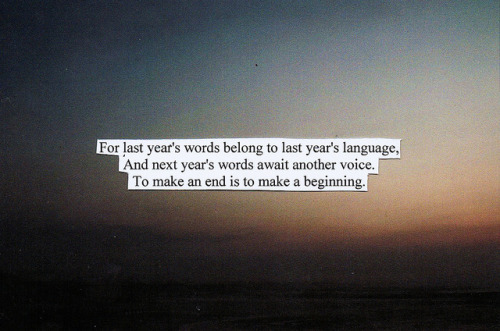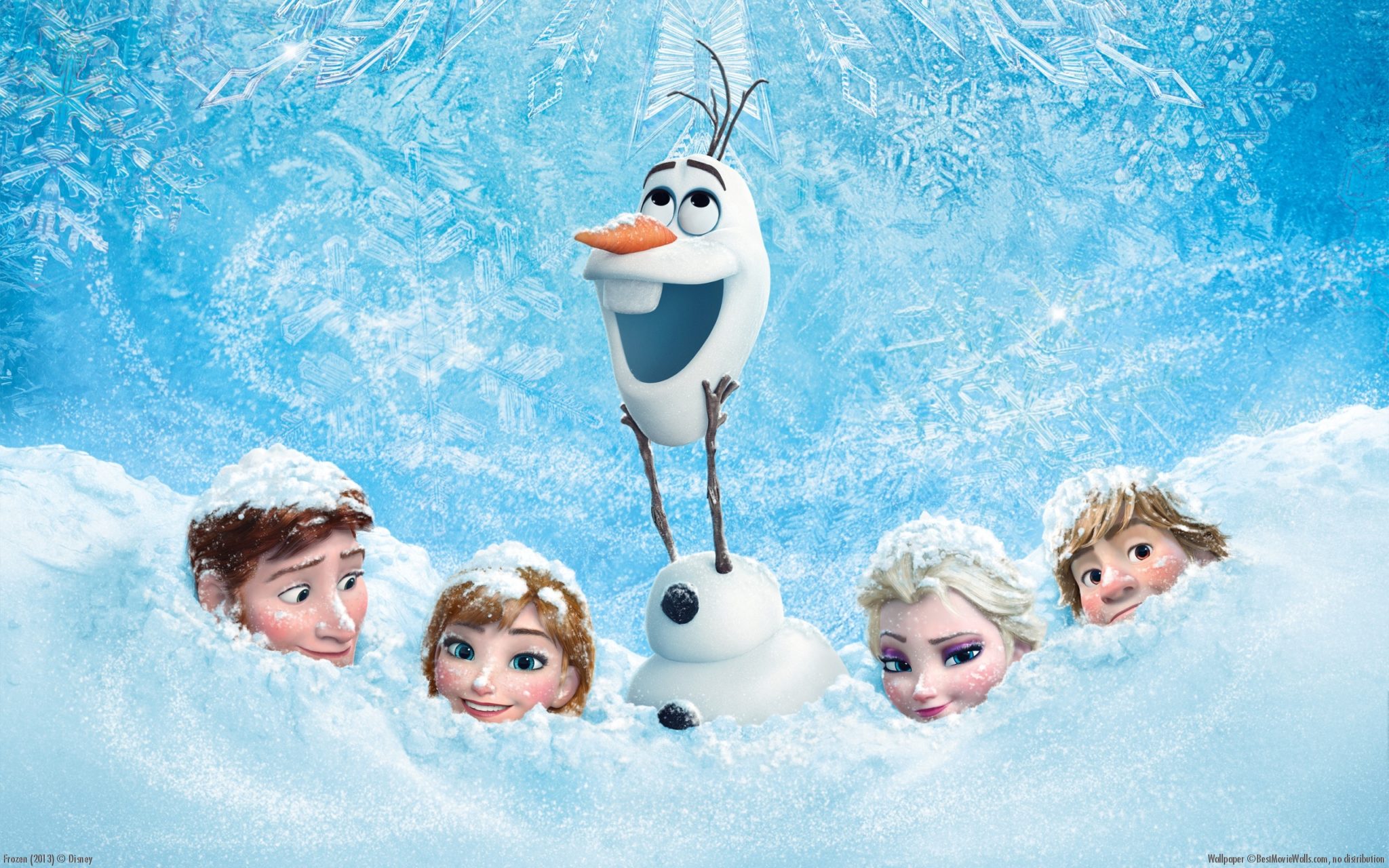Having churned out mediocre films such as Planes and John Carter in the last two years, Disney finally hit a home run this November with Frozen, a heartwarming (haha) animated musical that sends many harking back to Disney's renaissance era.
Anna (Kristen Bell) and her older sister Elsa (Idina Menzel) are two princesses in the kingdom of Arendelle. Elsa was born with the power to
produce and control snow, delighting Anna by sending crystals shooting from her fingertips and snowflakes fluttering to the ground in the middle of summer. Yet after one fateful accident, during which Elsa inadvertently shoots an ice spark into Anna's head, their parents, the King and Queen, tell Elsa to "conceal and don't feel" her powers for everyone's safety. Unable to control her powers, however, Elsa must stay locked indoors, shut off from the world - and Anna. Anna's head, having been cured by a family of trolls (only a lock of white hair remains,
Rogue-esque), has been wiped clean of any memory of Elsa's power but - as the chief troll puts it - "the fun remains." And thus Anna cannot understand why Elsa no longer wants to "build a snowman" or play with her like they used to.
Then, the plot thickens: 3 years after the sudden death of their parents, Elsa must make a public appearance at her coronation. Anna is thrilled to finally see the outside world "for the first time in forever" and meets the dashing prince Hans. On the other hand, Elsa is terrified of revealing her powers before so many keen onlookers. All is well until Anna and Hans (having known each other for only a matter of hours) express their wish to get married. Elsa objects, Anna is defiant, and Elsa accidentally "Let[s] it go," plunging Arendelle into an eternal winter.
Determined to right all wrongs and 'open the door' that was always closed to her, Anna sets off and - with the aid of the mountain man Kristoff (Jonathan Groff), his reindeer Sven and a charming, optimistic and living snowman Olaf (yes, functional) - tries to reconcile with Elsa and bring back summer.
What ensues is good hour and half of laughs (most induced by Olaf), songs and delightful chemistry between Kristoff and Anna. Sven could also probably give Shadowfax a run for his money (just kidding, the latter shows us the true meaning of
haste).
Yet what is best about this film is its overarching emphasis on Disney's favourite, but alas neglected in recent films, theme: love! Although inward cringing is understandable when the chief troll majestically proclaims, "only love can thaw a frozen heart," which is a counsel that sends Sven, Kristoff, Olaf and Anna hurling back to the castle so that Anna can receive her 'true love's' kiss, it forms the basis of the whole film. For it is not only a frozen heart that love thaws, but eventually the winter itself. Thus, it it logical why Elsa never knew how to control her powers; after all, her parents - albeit with the best intentions at heart - kept her powers repressed, seeing her skill as a curse and not as what it truly is: a gift.
When Elsa sings 'Let it Go,' therefore, she is not 'letting go' in angst and rebellion, but rather relieving a long-suppressed desire for well-deserved freedom. I'm glad the screenwriters decided to rewrite her role as a protagonist instead of keeping her an antagonist. The sister dynamic is much more significant when only caution and slight resentment - but not downright animosity - exist between the two.
Of course, Frozen is not without loopholes or the specifics that a live-action film could not ignore (e.g. choreography during the musical scenes), but it's a good-natured and well paced film that ultimately satisfies. Although Let it Go is the only number that stands out (except Love is an Open Door is now my guilty pleasure), and the other songs sound rehashed (For the First Time in Forever = I See the Light), they not only showcase Kristen Bell's singing talent (I had no idea!) but also conglomerate to construct an animated film that captures an essence of Disney cinemagoers haven't seen in a long time.




